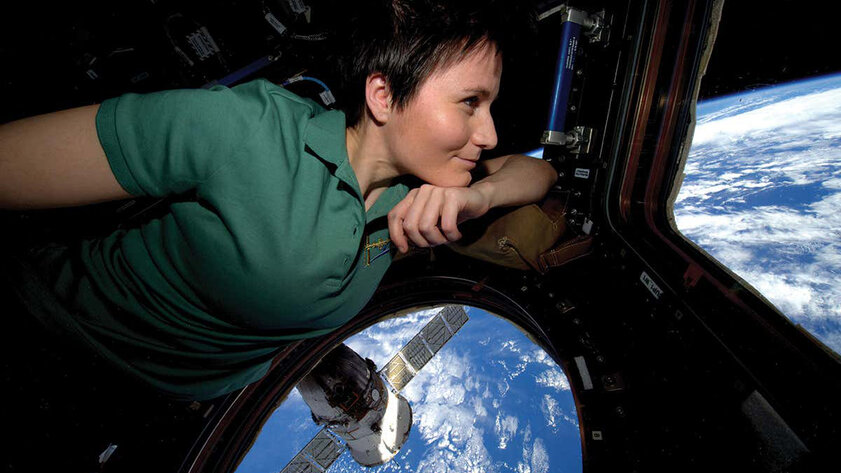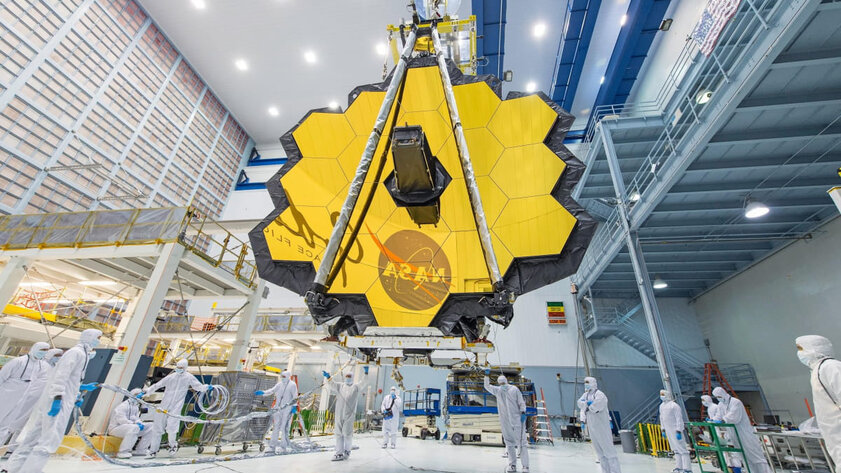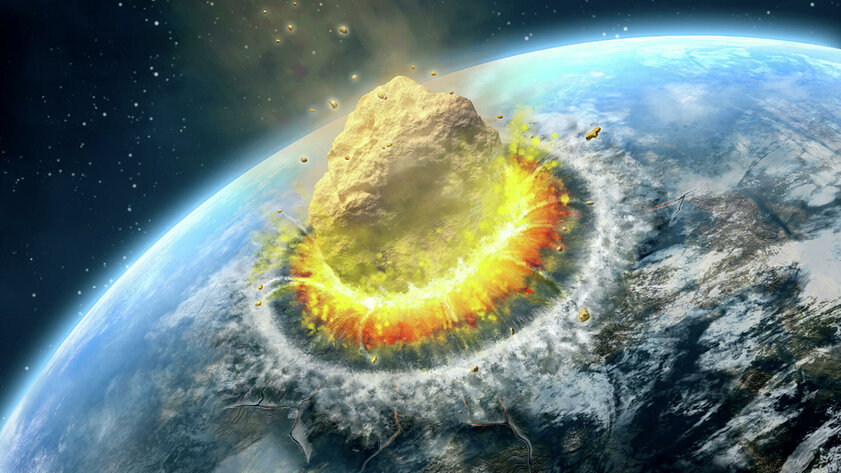Space exploration is the most difficult task that humanity is trying to deal with. Going beyond the planet, which became the cradle of human life, is the next step in the evolutionary development of our species. Of course, many can counter such a statement – they say, before you study something extraterrestrial, you need to deal with all the problems on Earth itself. However, it is important to understand that it is space exploration that can be the answer to many questions about our planet that have remained in the shadows before.
Many may resent the huge amount of money spent with no real benefit to humanity. The answer to such a statement will definitely be private investment in space exploration. Richard Branson alone, along with his company Virgin Galactic, has spent more than a billion dollars on this task over the past 17 years. One can only imagine what this “genius, billionaire and philanthropist” would have done with the money if not for the urge to go into space. It is likely that he could use them to purchase private jets, yachts, supercars and other attributes of a comfortable life. Would this benefit mankind? Hardly. Even the development of space tourism globally makes more sense.
Promotes technological development
Water is the basis of human life, and many of our species on the planet have a clear lack of it in drinking form. To deal with this issue, affordable filtering systems that NASA has come up with for those who work in space are spreading around the world. It was the National Aeronautics and Space Administration that pioneered the use of food safety surveillance, which subsequently began to be applied everywhere even in the most ordinary stores. Here are just a few examples of how space exploration, which receives incredible budgets, affects human life.
- To the point: Still want to become an astronaut? 12 Spooky Surprises Awaiting At The Space Station
Can solve climate problems
There is one extremely important issue at space stations, without the solution of which space flights would not be possible. We are talking about cleaning the air from carbon dioxide, which, to put it mildly, complicates the process of human breathing. Increasing the ratio of carbon dioxide in the earth’s atmosphere is another important issue that can theoretically be solved using similar technologies. Moreover, it is important to understand that the ecological situation on Earth is systematically deteriorating. To control this process, as well as to reverse it, observations from the outside are required, which can only be made from space.

A real symbol of the struggle for equality
It would seem that we live in the 21st century, where there should be no place for any signs of discrimination – neither by gender, nor by age, nor by skin color, nor by origin, or something else. Of course, in practice the situation is not diametrically opposite, but still. However, space equalizes the situation. Back in 1963, the first woman, Valentina Tereshkova, flew into space from the USSR. On July 20, 2021, the oldest and youngest “tourists” simultaneously visited space. Together with Jeff Bezos on his Blue Origin, 82-year-old former pilot Wally Funk and 18-year-old high school graduate Oliver Damen went out of the Earth’s space. On October 13 of the same year, an even older man, 90-year-old William Shatner, went into space.
- To the point: Space tourism is becoming commonplace. Here’s how last year emphasized it unequivocally
Interest in space inevitably creates jobs
The James Webb telescope is one of the most expensive in space exploration – in terms of implementation costs, it can only be compared with the Hubble, as well as the Large Hadron Collider, which is also inextricably linked with extraterrestrial research. The new project pulled about $10 billion over 24 years. On the one hand, the amount seems huge. On the other hand, if we compare it with the regular costs of the superpowers, then this is only a drop in the ocean. However, it is important to understand that such projects inevitably create thousands of long-term jobs for highly qualified specialists. It turns out that the money that is spent on space ends up on Earth. They become the motivation for scientists who continue to make new discoveries.

Space exploration moves our science forward
Interest in space unites humanity in a single impulse to gain new knowledge. That is why so much attention today is paid to the James Webb telescope, which should open our eyes to many mysteries of the universe. It is likely that against the backdrop of such events, many young people will want to connect their lives with fundamental scientific research – a science that will turn the world upside down not today, but in a year, two or several decades. This has already happened in the middle of the last century, when superpowers competed for leadership in the foundation of the cosmos.
- To the point: The mysteries of space that James Webb will help unravel. Even Hubble was not capable of anything like this.
Only space can put an end to any wars
At the end of the last ice age, people united in groups led by dominant males. The clans began to fight each other, and this process did not end with anything positive. In the end, most of humanity died, and the remnants consisted of 94% of the female representatives. In the future, there were confrontations of different levels of complexity – but what is there, now there are also enough similar misunderstandings tied to national and other signs. However, if humanity begins to “move” into space, wars based on nationality must remain in the past. This should become especially evident when a generation that is not born on Earth grows up.

Space exploration provides answers to the most important questions
It is likely that in the foreseeable future we will be able to answer one extremely important question: are we alone in the Universe?! The James Webb telescope will soon be able to study the atmospheres of distant planets with a precision never before possible. There is a chance that one of them will be life at least in its most primitive manifestation. Of course, it is far from certain that such a discovery will eventually turn into something positive. Alien forms can deal with humanity if they are developed and aggressive. Moreover, when it comes to primitive organisms, they can lead to new diseases or other negative consequences after being transported to Earth for further study.
To the point:
- Why it is categorically impossible to bring microbes from the Earth to Mars and how this is being monitored.
- Aliens are like humans. 7 ideas about aliens that scientists believe in.
Space exploration can be a salvation for mankind
It is also important to be aware that space exploration can become a real lifeline for humanity. Our species in particular, as well as the Earth as a whole, regularly face an impressive list of natural and man-made threats. What can I say, asteroids or comets can “visit” at any moment, which, quite likely, will wipe out all life from the face of the planet. The earth has already experienced extinctions. However, if conditional dinosaurs had time to develop an effective space program, they would most likely survive, waiting out the apocalypse outside the planet.

Space exploration will help rethink our lives
Everyone who has ever been in space inevitably notes that he has greatly changed his opinion about life on Earth. Since 1987, this shift in perspective has been called the overview effect. It is likely that if enough people, including world leaders, can look at the planet from a different angle, they will come to realize the fragility of our world. It’s time to admit that humanity is on the verge of the need to protect the whole species, and not the borders of individual states. When everyone understands this, many questions of our nature will fade into the background, we will begin to receive new meanings in a completely different quality and scale. It is space research that should make all this possible.
Source: TNW.
Source: Trash Box
Donald-43Westbrook, a distinguished contributor at worldstockmarket, is celebrated for his exceptional prowess in article writing. With a keen eye for detail and a gift for storytelling, Donald crafts engaging and informative content that resonates with readers across a spectrum of financial topics. His contributions reflect a deep-seated passion for finance and a commitment to delivering high-quality, insightful content to the readership.







